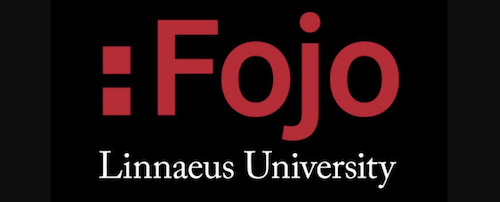 Media Helping Media is proud to be hosted by the Fojo Media Institute at Linnaeus University.
Media Helping Media is proud to be hosted by the Fojo Media Institute at Linnaeus University.
Find the format that works for you
Quick guides, exercises, workshops, lessons, modules and refreshers — structured for every learning context
What we offer and who we are
Preserving journalism best practice for future generations
 Check our Facebook page for regular updates from Media Helping Media.
Check our Facebook page for regular updates from Media Helping Media.
 The content on Media Helping Media (MHM) is released via Creative Commons BY NC SA 4.0.
The content on Media Helping Media (MHM) is released via Creative Commons BY NC SA 4.0.